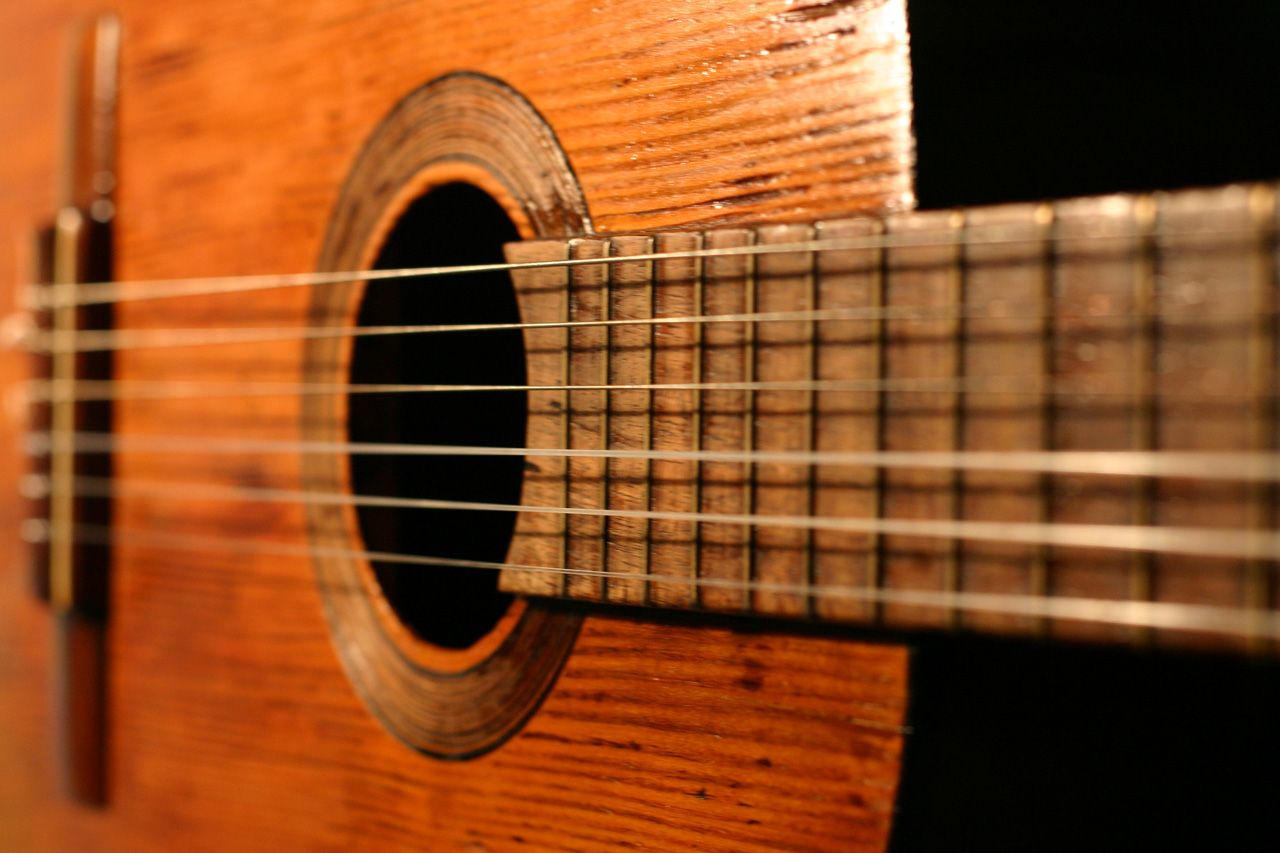Who is the father of the guitar?
The most frequently mentioned name is Vicente Espinel. Espinel is considered by many to be the father of the guitar and guitar tuning techniques.

Different names are mentioned in different sources and the closeness of the dates causes confusion. However, the most frequently mentioned name is Vicente Espinel. Espinel is considered by many to be the father of the guitar and guitar tuning techniques.
The origin of the word guitar comes from Persian. The word "Sihtar" in Persian was first transferred to Greek as "Kitara", then to Latin as "Chitara", and then to Spanish as "Guitarra".
Vicente Gómez Martínez-Espinel (28 December 1550 – 4 February 1624) was a Spanish writer and musician of the Siglo de Oro. He is credited with the creation of the modern poetic form of the décima, composed of ten octameters, named espinela in Spanish after him.
How was the shape of the guitar formed?
Until the 17th century, many different forms of the guitar were invented, especially in Europe, but they lost their popularity and disappeared over time. The one that stood out among them all was the "Baroque Guitar".
The guitar, whose technical and design details were constantly changing with the contributions of European countries such as Spain, France, and Italy, reached its form as we know it today in the mid-1800s. Spanish guitar maker Antonio Torres Jurado enlarged the body of the existing design and brought a standard to its dimensions. Additionally, Jurado has developed a completely new support system that is different from previous designs, making the guitar more durable.
Guitar Types
The modern guitar is primarily divided into two: acoustic and electronic. There are many different subtypes of acoustic guitars, such as classical guitar, flamenco guitar, 12-string guitar, and acoustic bass guitar. Electronic guitars, also known as electric guitars, have too many variations to count. This is because it is much more prone to modification due to its electronic and magnetic nature.
Electronic guitars have become widespread around the world, especially with the popularity of genres such as R&B, jazz, blues, and rock music.
